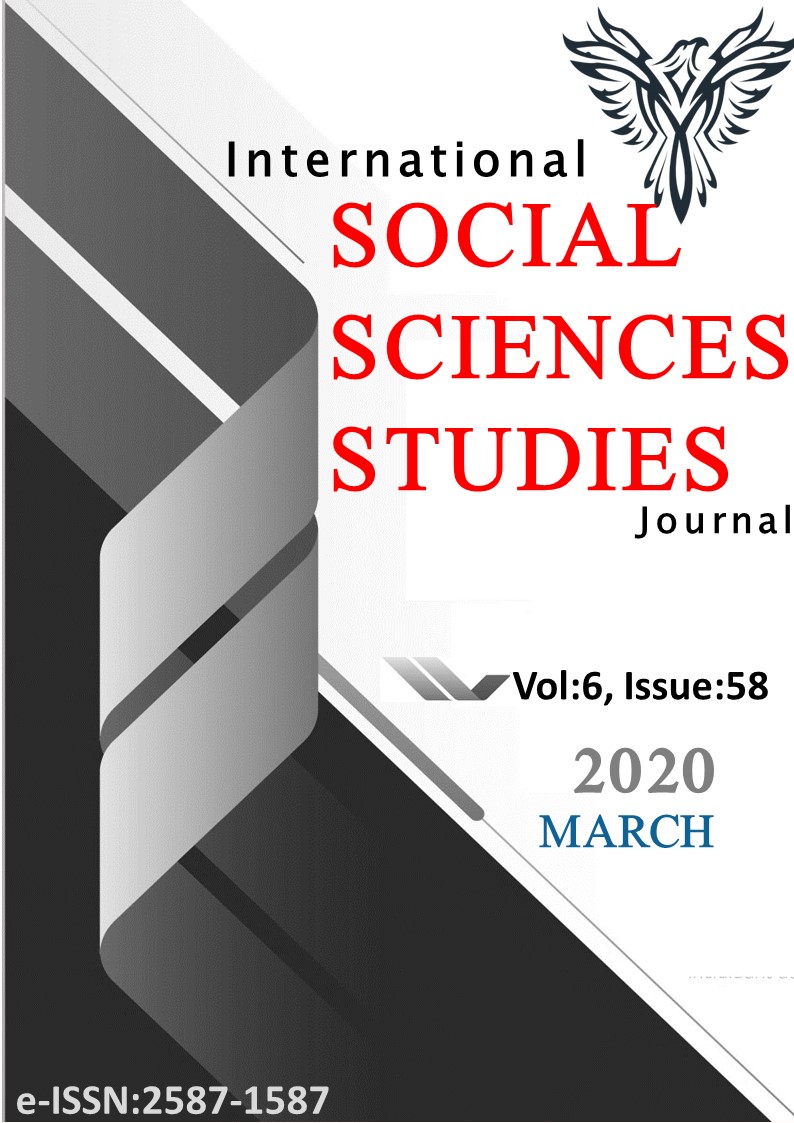Author :
Abstract
Bu çalışma, üniversite gençlerinin cinsel sağlık arama davranışı gösterme durumları ve bu davranışları etkileyen faktörleri değerlendirmek amacıyla yapılmış kesitsel bir çalışmadır. Veriler literatür bilgisi, araştırmacının deneyimi ve uzman görüşü doğrultusunda hazırlanan anket formu kullanılarak yüz yüze görüşme yöntemiyle toplanmıştır. Araştırma, Türkiye’de bir devlet üniversitesi olan Ordu Üniversitesi öğrenim gören, 18-24 yaş aralığında olan ve araştırmaya katılmayı kabul eden 745 öğrenci ile gerçekleştirilmiştir. Katılımcıların cinsel sağlık arama davranışlarını etkileyen faktörler incelendiğinde; yaş, cinsiyet, gelir durumunu algılama, sağlık kuruluşunu yeterli bulma, cinsel deneyim ve baba eğitim durumu ile cinsel sağlık arama davranışları arasında istatistiksel olarak anlamlı bir ilişki olduğu saptanmıştır (p<0.05). Sonuç olarak, 21 yaş ve üzeri olan, kadın, gelir durumunu orta olarak algıyan, sağlık kuruluşlarını yeterli bulmayan, cinsel deneyimi olmayan ve baba eğitim durumu lise ve üzeri olan öğrencilerin cinsel sağlık arama davranışı gösterdikleri belirlenmiştir. Ailenin yaklaşımı, öğrencilerin bilinçlendirilmesi ve sağlık kurumlarının güvenilir ve etkin hizmet sunmasının öğrencilerin cinsel sağlık arama davranışını pozitif yönde etkileyeceği düşünülmektedir.
Keywords
Abstract
This study is a cross-sectional study conducted to evaluate the state of university youth showing sexual health seeking behavior and the factors affecting these behaviors. The data were collected with face-to-face interview method using the questionnaire form prepared by the researcher based on the relevant literature, the experience of the researcher and expert opinion. The study was carried out with 745 students aged 18-24, who were studying in Ordu University is a state university studying in Turkey, and who agreed to participate in the research. When the factors affecting sexual health search behavior of the participants were examined, a statistically significant relationship was found between age, gender, income level, finding health facilities adequate, sexual experience and the father’s education status and sexual health search behavior (p<0,05). As a result, it was determined that students who are aged 21 and over, women, who do perceive the income status as medium, who do not find health facilities adequate, who do not have sexual experience, and who have a high education level of father or higher, seek sexual health behavior. It is thought that attitude of the family, the awareness of the students and the reliable and efficient service of healthcare institutions are thought to positively affect the students’ sexual health search behavior.





